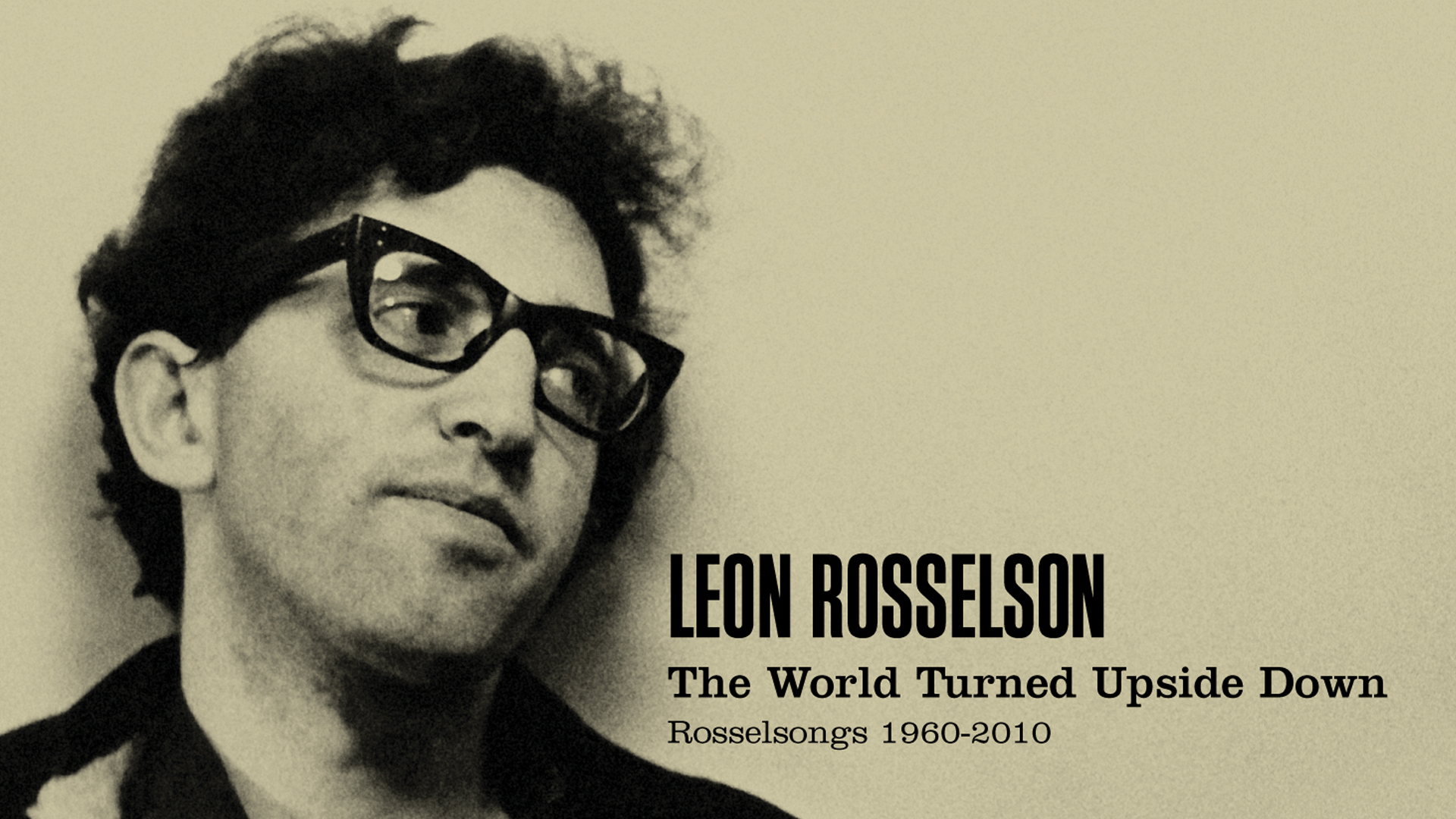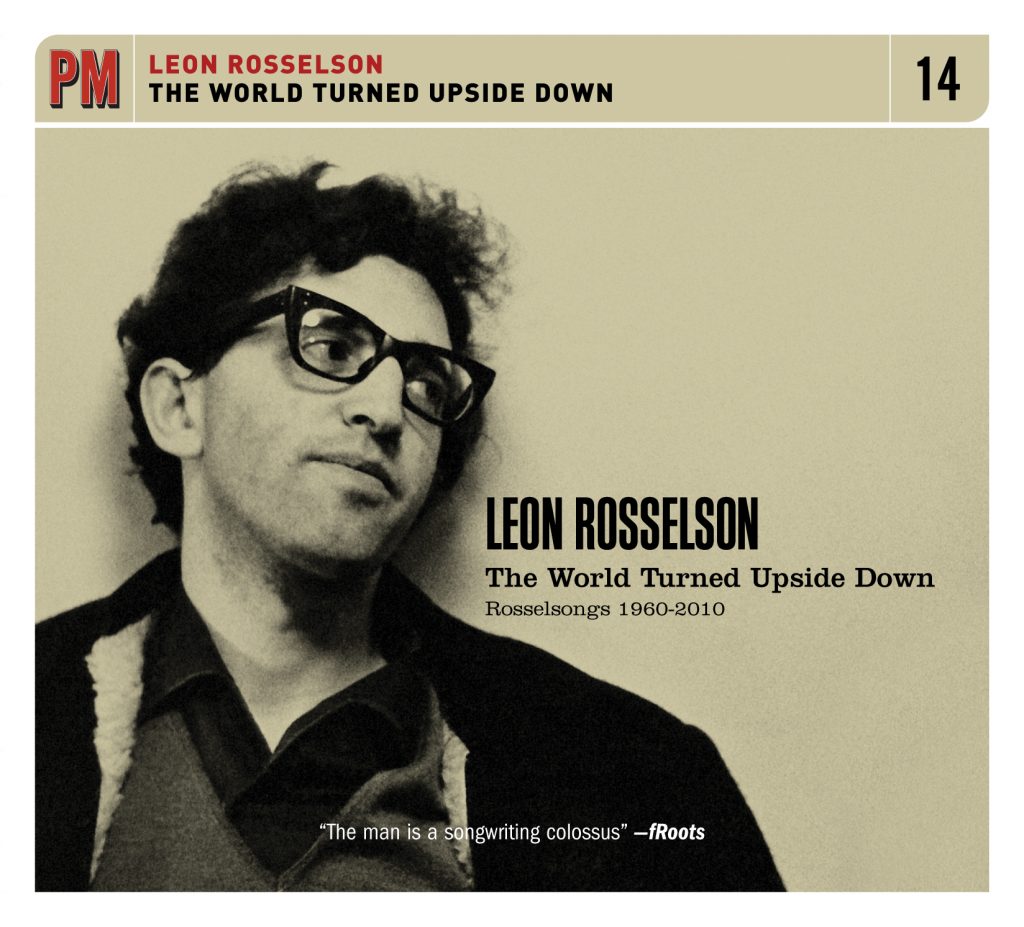By Julian May
Songlines
January/February 2012
Here are seventy-three songs lasting almost five hours, written over half a century. This is a life’s work. It’s the life’s work of one of Britain’s finest contemporary writers—not just songwriters, but writers in any form. Each CD is devoted to a decade, except for the fouth, which extends from the 90s to 2010. The collection begins with a recent song, however: the terrific Conversations on a Mobile,” placed here because stylistically (though not technologically), it is a song he might have written at the outset of his career: a satirical social commentary, meticulously constructed, about the compulsion to talk but the inability to say anything. It’s sad, angry and very funny. There are several songs that, while not hits, have entered the repertoire of other singers and become classics. Typical is ‘Tim McGuire’, a song about an arsonist whose actions are presented as a rational response to society, rather than pyromania. McHuire is, like most of Rosselson’s creations, a lot more than a political cipher. He “loved the leaves of autumn/ The red leaves of autumn/ Loved a slender girl/With a smile like a flame.” McGuire is an intriguing, dramatic character, brilliantly written.
Rosselson was emboldened in his work by the example of chansonniers George Brassens and Jacques Brel, who had an understanding of the potential of song. Like them he relishes giving voice to a person, such as the woman whose husband simply doesn’t see her in Invisible Married Breakfast Blues.” Brecht is an influence, too. For all his Englishness—his irony, self-deprecation, and his anger—there is a cosmopolitan, European aspect to Rosselson’s work. Rosselson is staunchly anti-monarchist, anti-nuclear, anti-capitalist, gender-politics aware and pro-Palestinian. It occasionally gets wearisome—some performances sound dated now—and there are finer singers. He is, however, rarely ever merely pat, and his finest songs, such as his most famous, “The World Turned Upside Down,” are informed by an acute historical awareness. Coming from a Communist, atheistic Jewish family, Rosselson engages thoughtfully with his sometimes uncomfortable inheritance. In a song from 2002, ‘”My Father’s Jewish World,” he marries the personal and the political movingly. Neither will he allow, especially as he grows older, a political allegiance to blind him to experience. His “Postcards from Cuba,” aren’t all stunning views and happy workers laboring for the Revolution. As well as solo work the CDs draw on many recordings made with long-time collaborates such as Roy Bailey, Martin Carthy and Fiz Shapur. The World Turned Upside Down concludes with “The Power of Song,” to which this magnificent retrospective, in a little box, is a living testament.







